Heroin is one of the most dangerous and widely abused drugs in the United States. Heroin addiction and overdoses are devastating many communities across the country. It has a long history of ruining lives and is well-known as one of the most dangerous and addictive substances people can use. Heroin is a Schedule I drug, so it is among the most addictive and has a high potential for abuse. Because it is so potent and habit-forming, heroin is one of the most challenging substances to quit. But how does heroin work in the brain, and why is it so habit-forming?
For those looking for heroin detox in California, our team can help. At California Centers for Recovery, we are committed to supporting our clients in their healing and recovery journeys. We understand the effects of heroin on your mind and body and provide the treatment and care you need to reclaim your life. For more information about heroin detox and rehab, contact us at 877.328.5682.
How Does Heroin Work in the Brain?
Heroin is a synthetic drug derived from the opium poppy. It is widely considered one of the most dangerous and addictive substances. Now, how does heroin work in the brain? Heroin works in the brain by binding to the opioid receptors that impact feelings of pain and pleasure. It is most commonly injected, so its impacts are felt very quickly. Soon after consuming the drug, individuals feel a sudden rush of euphoria or pleasure. This is because heroin also triggers the release of endorphins, which are feel-good neurotransmitters. Users feel a temporary but intense sense of satisfaction and well-being. However, once this powerful high wears off, individuals crave those feelings. This is how heroin works in the brain and is why it is so addictive.
Heroin is an illicit opioid drug. There are also various opioid prescription medications that individuals can be prescribed for pain management and relief. It is not uncommon for someone taking prescription opioids to misuse their medication because of the reduced feelings of pain and heightened feelings of pleasure. In some instances, individuals misusing prescription opioids escalate their drug abuse and turn to heroin, where they experience a more intense high. Whether you started out using heroin or first abused prescription drugs, it is critical to reach out for professional help when trying to become sober.
Understanding the Long-Term Effects of Heroin
When someone continuously abuses heroin, they can easily develop a tolerance where they take more or more often to get the desired high. This can quickly lead to addiction and dependence, where they physically and psychologically crave the drug and feel they need it to function. Heroin dependence leads to significant consequences for your health and well-being.
The severe long-term effects of heroin are:
- Blood clots
- Collapsed veins
- Insomnia
- Liver and kidney damage
- Lung infections
- Mental health disorders
- Stroke
- Overdose
Heroin is also one of the most difficult drugs to quit because individuals can face extreme withdrawal symptoms, which increases the risk of relapse. Without proper medical attention and support, these symptoms can spiral out of control and put your health in danger. At California Centers for Recovery, our heroin detox center provides around-the-clock care to ensure clients are safe and to help manage withdrawal symptoms effectively.
Call California Centers for Recovery to Start Heroin Detox and Rehab
Once individuals complete detox, our staff helps them transition into the next phase of their treatment and recovery. Our many treatment programs support clients as they heal and learn tools to maintain lasting recovery. It is not too late to take back your life and create a happier and healthier future. Contact California Centers for Recovery at 877.328.5682 to learn how you can get started on your recovery journey.











